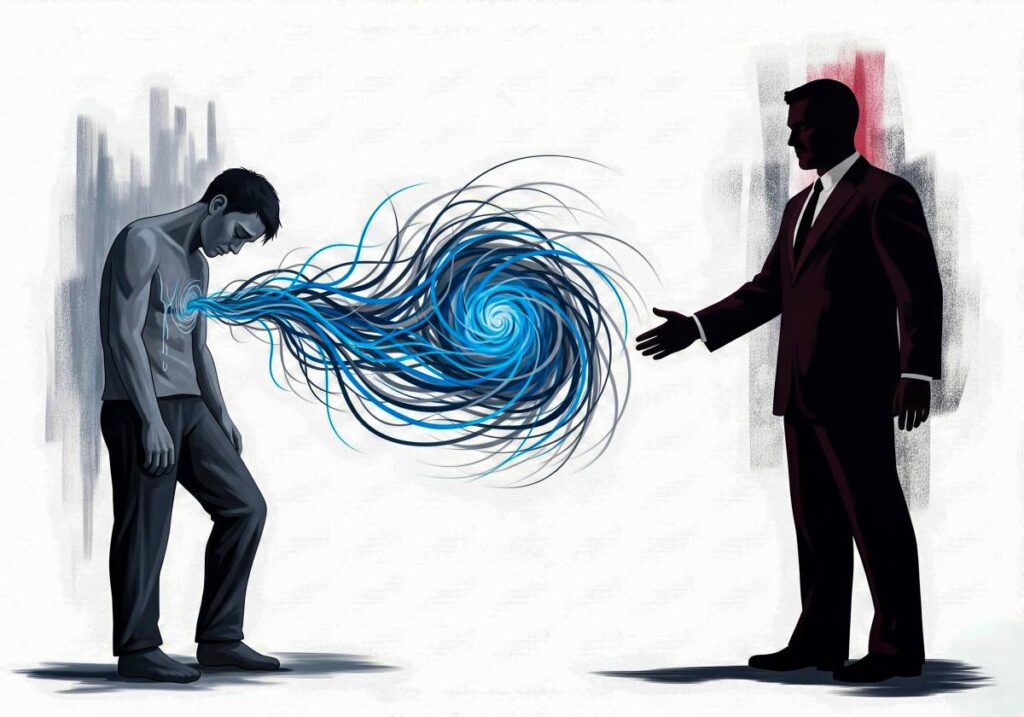
Have you ever walked into a room and suddenly felt lighter, happier, or more motivated — just because there were other people there? Or felt tired after a conversation, even though you didn’t physically do anything? It’s not magic. It’s your brain and body’s reaction to the people around you.
Our brains are “programmed” to automatically mirror other people’s behavior. If someone smiles, your brain reacts as if you were smiling yourself. Often, you actually start smiling, and your mood improves as a result. The same thing happens with anger or tension — your body silently adapts.
It’s not just facial expressions. Your tone of voice, posture, and even your breathing can cause a chain reaction:
- A room full of tension makes you feel tense too;
- A sea of laughter makes you smile or laugh along;
- If a colleague constantly talks about problems, you may feel tired or depressed, even if you are not involved yourself.
Time spent together can even synchronize bodily reactions. Friends watching a movie or a concert audience synchronize their heart rates and brain activity — as if they were all part of one system.
And it is precisely this mirror reaction of the body that is the basis for the expression “energy vampires.” No one is literally sucking the life force out of you — but certain people definitely make you expend more of your energy. Their constant negativity, complaining, or drama makes your mind and body work harder. The result? You become mentally and physically exhausted.
The good news is that it works the other way around too:
- Positive people improve your mood;
- Supportive friends make you feel stronger;
- Inspiring places help you recharge.
So next time you feel your mood changing just because you’re around someone, remember:
- You’re not imagining it;
- You’re reflecting the signals around you;
- You always have a choice about which signals to let into your daily life.
This post is a popular science overview of a much broader topic. For a more scientifically grounded perspective on the subject, please refer to this article: Empathy, mirror neurons and SYNC